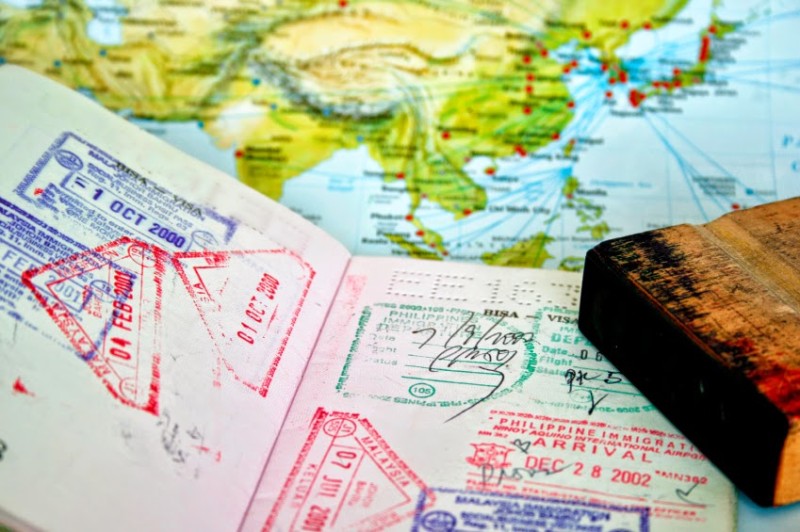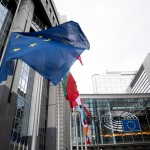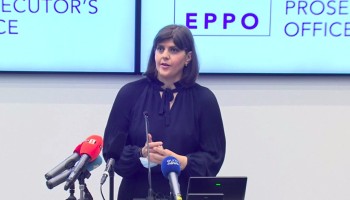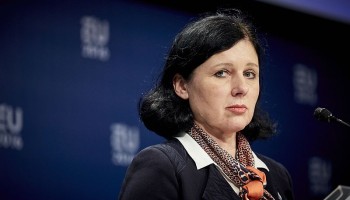The move is part of the EU’s crackdown on money laundering and corruption and comes amid concerns about so-called dirty money pouring into the union from Russia, EU’s Commissioner for justice, Vera Jourova, told the paper.
Citizenship for sale schemes, also known as Golden Visas, offer visa-free travel and even citizenship to the rich. For a sizeable investment, wealthy people can zip to the front of the immigration line for a growing list of attractive countries, including some in the European Union and the United States.
Critics say the system is vulnerable to corruption and outrageously unfair and investigators add that second or third passports are very useful tools for criminals, tax evaders, and money launderers who may need new identities or bolt-holes on short notice, as well as complaisant banking systems, accountants, and law firms to help handle money that can’t be easily explained.
Hungary, Malta, Cyprus, Latvia, Austria, Greece, Lithuania and Portugal offer such deals.
Jourova said she was particularly concerned about the origins of the wealth of Russian applicants for Maltese citizenship. Although the EU has no power to ban the practice, it believes it is obliged to demand that member states be careful as they are granting also EU citizenship.
Such schemes usually requires applicants to buy government bonds or make investments in property. For example, the price of the Golden Visa in Hungary was €300,000 (US$340,000). In return the investors with their new passports are able to live and travel in the Schengen area.
The European Commission plans to publish a report this autumn which might blame some governments of not vetting the applicants enough.
Malta, for example, grants citizenship in return for a €650,000 ($736,000) contribution to the country’s development fund, the purchase or lease of property or investments of at least €150,000 ($170,000) in stocks and bonds.
“It is a big concern when a Russian citizen who has worked his whole life in middle or senior management — where salaries aren’t very high — suddenly has the money to buy citizenship in Malta,” the commissioner said.
“We want the states to do their due diligence and not to enable criminals to come to Europe and have equal rights as people who came years ago, who work, who pay taxes and have children and have to wait for citizenship” Jourova told the paper.






